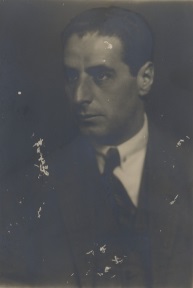Sometimes, I feel powerless being a musician. Sometimes I think that I might be able to make bigger impact, or at least be able to work on issues more directly, if I were to leave my career as a musician behind.
But then, I remember the Tibetan monks who were so kind to me when I befriended them in my days in Manhattan in the 90s. Even after having had their temples, homeland, traditions, communities invaded and destroyed, they were committed to nonviolence, appealing to the world by introducing their cultural practice to the world continuously for now over half a century. I ate their momos – Tibetan dumplings – and vegetable soups with them on more than several occasions. They were such gentle, benevolent presence in my young life.
The country, the time period and the family you are born into. The people you meet and the educations you receive. So many things outside of our control have significant effect on the courses of our lives. I choose to believe that my path as a pianist must have had been for some valid reasons. Piano is big, heavy and expensive – not very suited for areas struck by disasters. As someone whose training has been to play that cumbersome instrument, I have been thinking how I can be of service most effectively, as I go through my daily practice.
Here, let me introduce one of my attempts.
